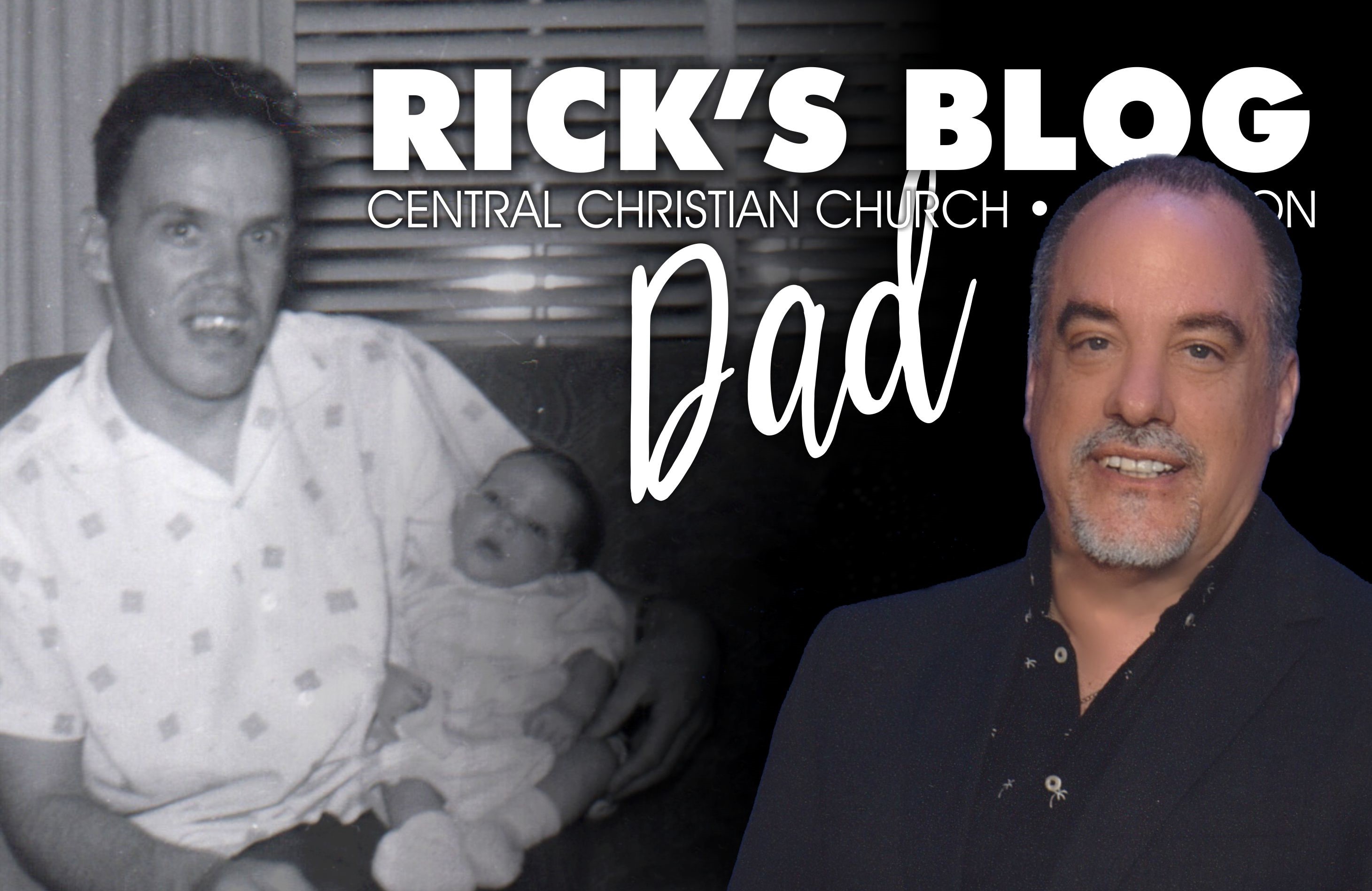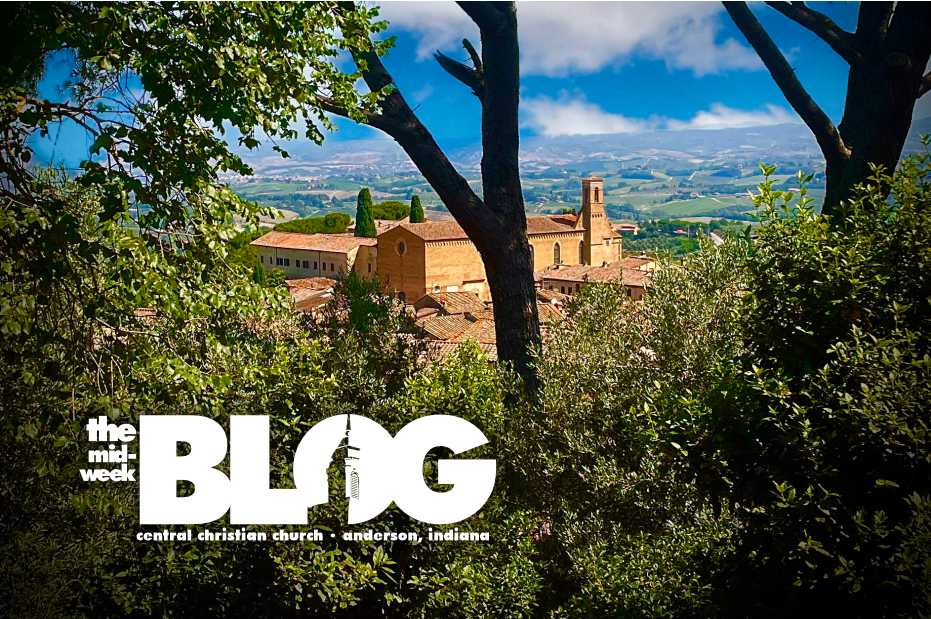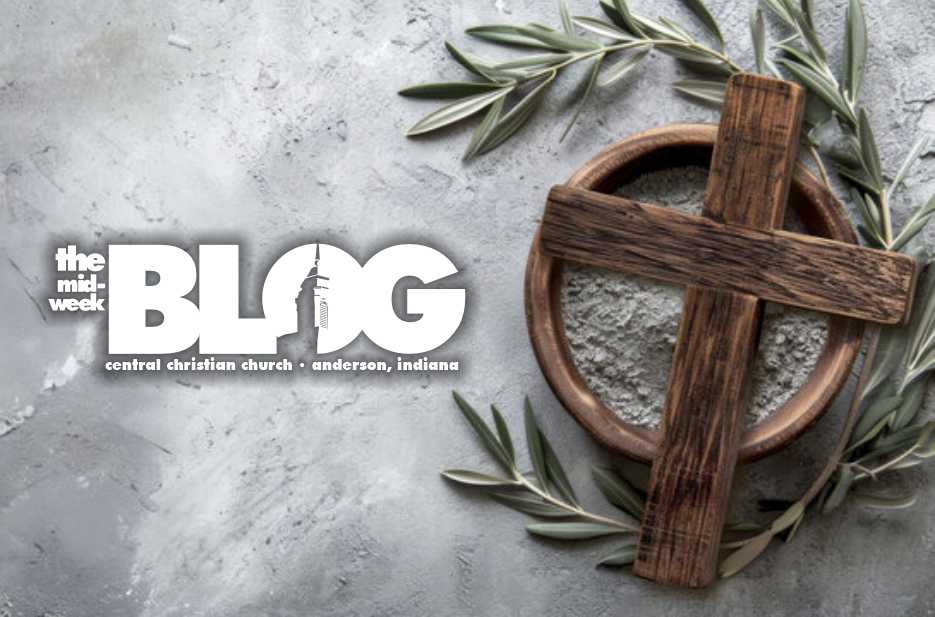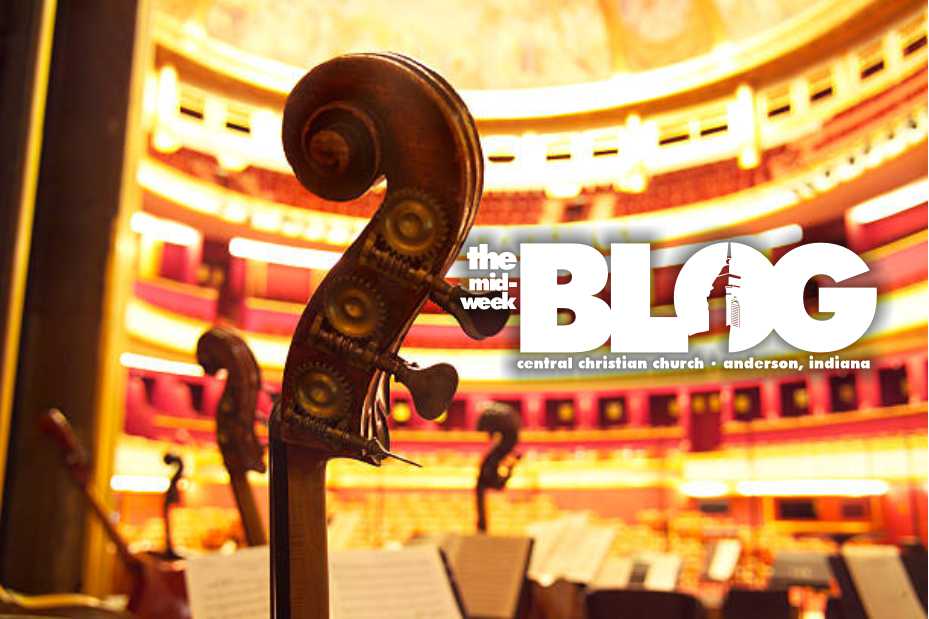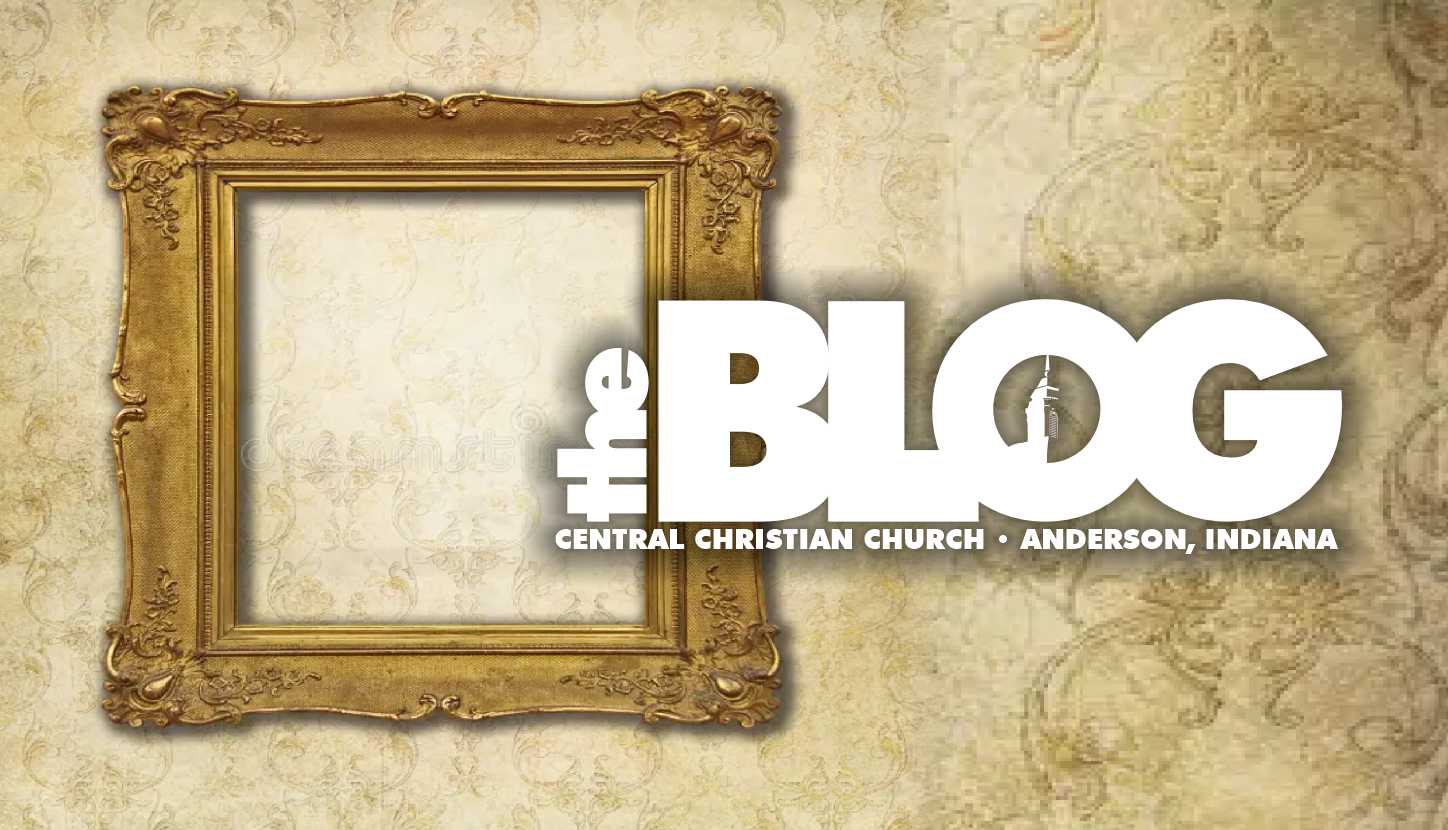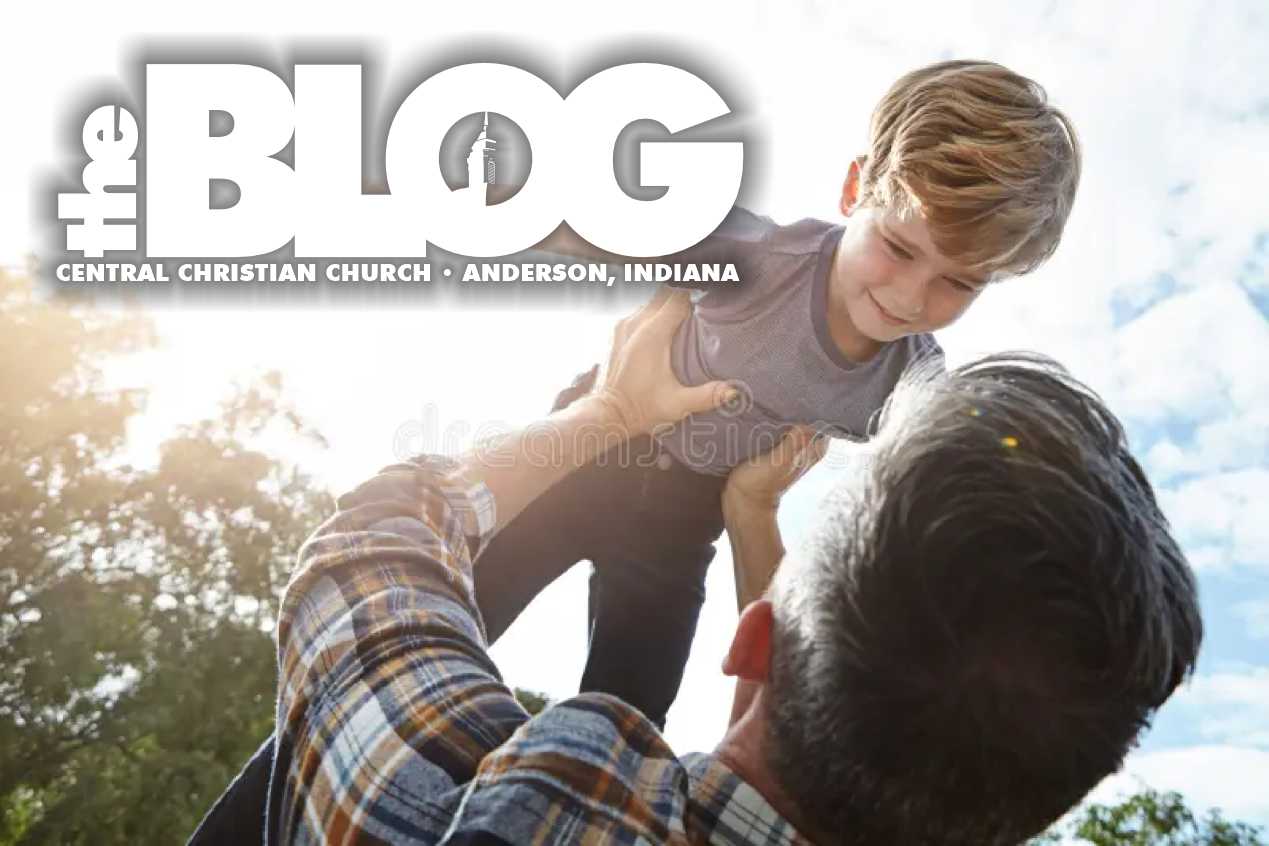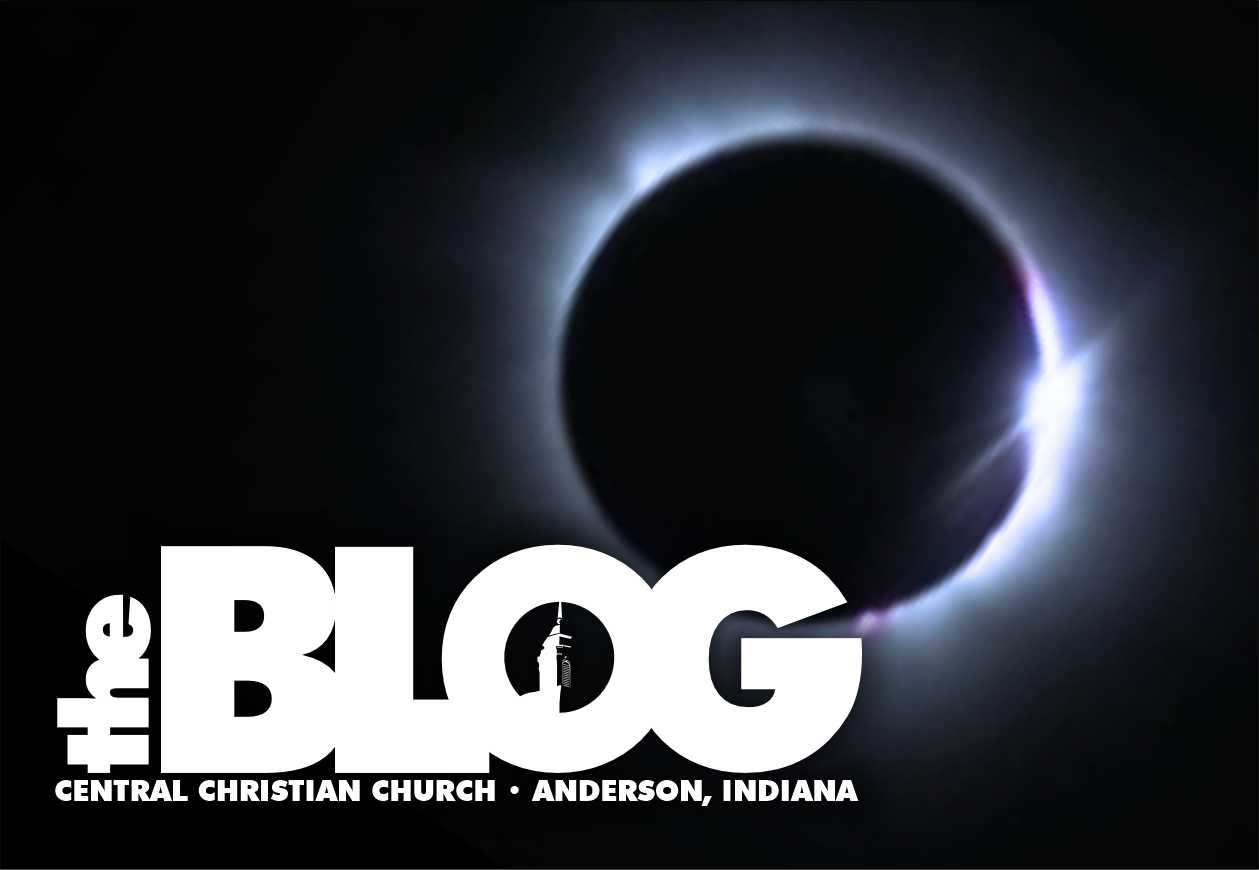
Each June I think about my friend, Michael. Michael was a conductor, chorus master, lecturer, author, musicologist, accompanist, and my vocal coach when I performed opera. He was also, more importantly, my friend.
I first met him when, as a very young singer, was making my professional debut in opera and he was assigned to me, by the company, as my “coach”. He led me in the style of singing the small role that I had. Despite our age difference, we immediately became fast friends. He was much older than he looked, (we almost looked the same age) and so seemed like a “wunderkind”: a brilliant man with a quick wit and energy that made the rest of us look like slackers…and I’ve never been accused of being a “slacker”.
When he learned that I was getting my degree in Music Composition he insisted on hearing every piece I wrote and coming to each performance of my new works at the college I attended. He would analyze each piece, not to judge or criticize, but to ask questions about my choices of phrases, keys, motives, themes and construction…all without ever SEEING the music on paper…just from what he had heard, once. He made me think about my own compositions in ways I had never thought…He listened.
He introduced me to his musical love, Richard Wagner. He knew more about the composer than anyone I had ever met and was writing a book on his favorite composer…a commissioned work (a publisher paid him an advance to write it…that’s how good he was).
Mike and I would get together regularly, maybe once or twice a month, to eat, drink, and talk about music…both his and mine. He would always have his calendar handy so that he could write down when my next concert was. We continued to work together at the Opera Company. And when Seattle Opera commissioned ME to compose a small touring opera for their company, I dedicated it to him…and he accompanied the opera on one of the three Pacific Northwest tours.
One day I called and left a message for him. He never returned the call. I called a couple more times over the next few weeks…until at last a female voice answered. It was a mutual theatre friend of ours. As I was obviously startled at her voice on his phone, in his apartment, she said, “Rick, didn’t you hear? Michael is very sick, you know…SICK. He’s been in the hospital for the past three weeks.”
The way she emphasized the word, “sick” was the code back in the ‘80’s, in Seattle, for someone who had AIDS. I was stunned. Frankly, I’d forgotten he was a part of the LGBTQ (or what we just used to call, “gay”, community there. What stunned me was that he didn’t share his illness with me, and we were good friends.
As we continued to talk, she said that he was embarrassed. He didn’t want me, a “Christian friend”, to know that he was “sick”. He was afraid that I would judge and that I would condemn…and most importantly, that I would leave. Ironic, since because of HIS choice not to share this information with me I, in effect, DID abandon him when I could’ve been there.
I attended his funeral a few weeks later. It was a doubly sad affair, for me, at least. To this day I feel like I had no closure. And I was angry. Not at him, but at the notion that he believed any Christian would be filled with judgment and hate for him: one of the nicest, kindest, most generous people I had ever met…to this day.
I’m older now…maybe not wiser. I am, in many ways, more cynical and bitter. I understand that Jesus tells us, who Believe & Follow Him, that the world and sometimes the Church will “hate” us. But what really hurts is to think the “world” would hate any “Christian” because many believe “Christians” themselves are filled with hate. That’s not what Jesus teaches, on the contrary: we are to love our “brothers and sisters” (fellow followers) AND our enemies…I don’t do math, but I’m pretty sure that covers everyone. So how could Michael think that I, whom he knew well, would judge him, would hate him, would abandon him? Not because of anything I did, I hope, but perhaps because of what some other “Christian” had done to him, all in God’s name.
I stood on one side of that story long ago…now I stand in both worlds and see both sides. There are those “Christians” whose FIRST response will always be reminding us of God’s judgment; careful to let us all know that if Jesus isn’t here in the flesh to judge the living and the dead, they will be happy to take up that job. AND there are “Christians” who believe Jesus’ command to love is “conditional”.
But thankfully, though it’s sometimes difficult to see, there are those who understand that to know a person’s heart, read a person’s mind, and judge a person’s story is something that God and God alone has the power, and the responsibility, to do. Our job is simple: love them all and let JESUS sort it out in the end.
I think about what would’ve happened with Michael had the reputation of “Christians” in the ‘80s been as the most caring and loving, the most compassionate and least judgmental of all humanity. I try to bring closure to his death by imagining him telling me everything and me just hugging him in response…because he was my friend, and because Jesus is my King.
Central Christian Church in Anderson, Indiana could, and should, be known as the people who love like no one else. We are the people who choose to treat everyone with love: those with whom we agree, and those with whom we don’t agree. Then we stand aside and let the Spirit do the work of the Spirit.
We can, and WILL, be those who others see and say, “If being a CHRISTIAN means being like those people at Central, then count me in…when I was hungry, they fed me, when I was thirsty, they gave me something to drink…when I had AIDS and was dying, they cared for me, and loved me, without judgment or superiority.”
Each June (PRIDE MONTH) my heart remembers what my head may forget: that Michael is as unworthy as all of us to receive God’s love…and yet God loves Him as He loves us all. God loves us not because of who WE are, but because of who HE is.
If we belong to Jesus, how then should we live?
We are GOD’S people. Jesus is our KING. Our primary allegiance is to THE KINGDOM OF GOD. With Jesus “breath of the Spirit” breathing through us, we can be people who love others as Jesus loves them – people who remember Jesus loved us, UNCONDITIONALLY, before we ever loved Him.



